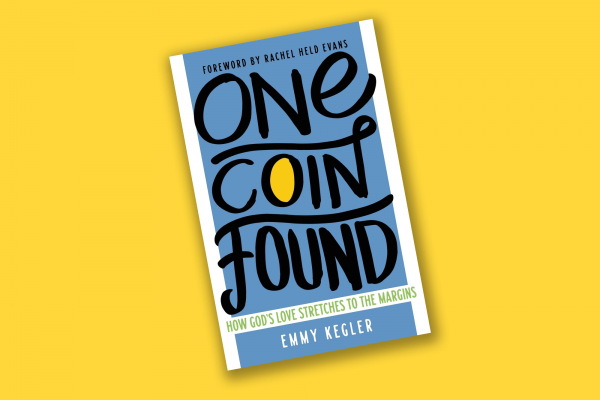THIS IS NOT merely a survivor’s memoir; it is a grab-your-Bible-and-learn book; it is a love letter to God and the author’s queer family. In her prologue, “Lost,” Emmy Kegler sets out her agenda: “I want to tell you about the lost chapter of the Bible, the one with the story of a shepherd who leaves 99 sheep behind and goes out looking for the one that is lost. The one with the story of a woman who sweeps her entire house looking for the one coin that is lost. The one with the lost son who wanders from home and a lost son who stays and stews in his resentment and a lost father struggling to unite his broken family.”
In her first of many footnotes, Kegler identifies Luke 15:1-32 as that “lost” chapter. She spends the rest of her book conveying God’s expansive love for all who are deemed lost.
Kegler focuses on details of her story, about how bewildering it was to discover she was gay during the AIDS pandemic, in the year after Matthew Shepard’s murder. She observes, “Perhaps this is why I was fascinated by Jesus’ death: I saw the experience of my own people reflected in it.” In another chapter, Kegler recounts the pain of attending a church youth group for two years, with the leadership ultimately asking her to “pray the sinner’s prayer” when she revealed her sexual orientation.
Read the Full Article

